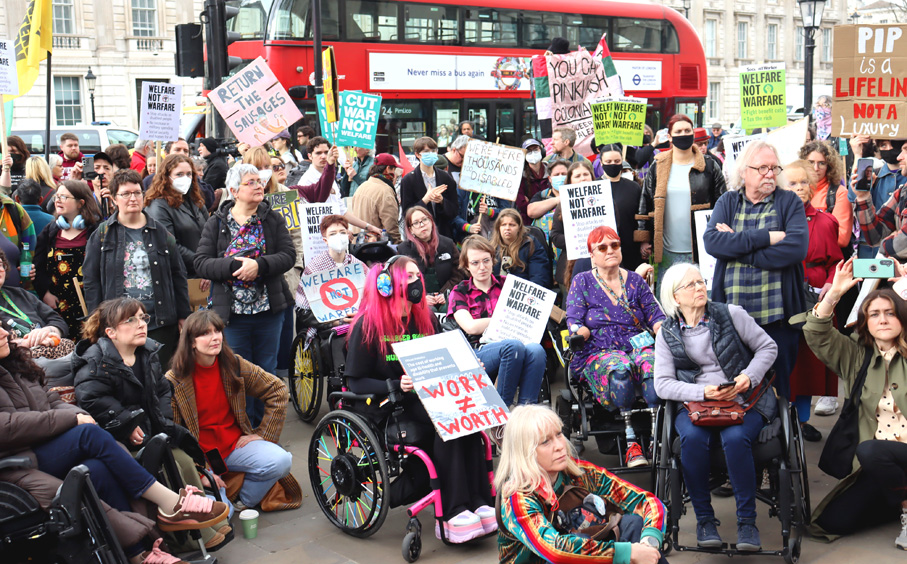
CHANCELLOR Rachel Reeves is facing mounting pressure as government borrowing soars far beyond expectations, alongside new signs of economic decline.
In the year to March, borrowing hit £151.9 billion – £14.6 billion higher than the Office for Budget Responsibility’s forecast. Total government debt now stands at a staggering £2.8 trillion.
March alone saw borrowing rise to £16.4 billion, deepening concern over the UK’s deteriorating fiscal position.
The Office for National Statistics warned that public finances appear increasingly out of control.
Shortly after the data release, S&P Global reported a contraction in the UK’s private sector for the first time in 18 months – following a £20 billion hike in employer taxes this April.
S&P’s chief economist Chris Williamson said business optimism had fallen to ‘one of the lowest levels yet recorded’, as the downturn triggered a wave of job cuts. The flash composite PMI pointed to a quarterly GDP contraction of around 0.3 per cent.
Alex Kerr of Capital Economics warned that Donald Trump’s new tariffs could pose a ‘bigger drag’ on UK growth than previously feared.
Despite vague signals from US Treasury Secretary Scott Bessent of easing tensions with China, Britain’s weak economic position and rising gilt yields continue to undermine Reeves’ fiscal credibility.
With a Spending Review due in June, ministers are under pressure to address the worsening outlook. Economists believe Reeves is likely to raise taxes in the autumn to cope with the surging cost of debt.
Elliott Jordan-Doak of Pantheon Macroeconomics said: ‘The government is highly likely to increase taxes at this year’s October Budget …’
He added: ‘The public finances were already in a difficult position heading into the trade war, and we think both taxes and borrowing will need to be raised in the Budget.’